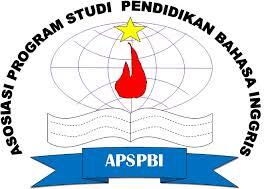Unlocking Potential: How Self-Efficacy Shapes Writing Skills In University Students
Abstract
This study aims to analyze the relationship between self-efficacy and college students’ writing skills. Self-efficacy plays an important role in developing students’ confidence in writing, encompassing creativity, technical competence, and strategic approaches. A descriptive qualitative method was employed, using a Likert-scale questionnaire and in-depth interviews with 25 English Education students selected through purposive sampling. The questionnaire revealed that 44% of students felt able to apply creativity in writing scientific papers, while 24% experienced difficulties. Regarding technical skills, 64% were confident in spelling words correctly, but only 28% felt comfortable expressing concepts and grammar academically. Furthermore, 56% were able to utilize feedback to enhance their writing, although 16% still encountered challenges. Interview results supported these findings, showing that high self-efficacy students employed strategies such as outlining, consulting with lecturers, and using AI tools in structuring their work. Conversely, students with lower self-efficacy struggled with grammar and organization. Overall, self-efficacy contributes significantly to students’ writing skills, though challenges persist in technical and argumentative aspects. Therefore, targeted interventions, including academic writing workshops, digital tool integration, and comprehensive guidance, are needed to enhance writing quality. These efforts may strengthen both students’ confidence and technical proficiency, contributing to improved academic performance.
Downloads
Copyright (c) 2025 Scripta : English Department Journal

This work is licensed under a Creative Commons Attribution-ShareAlike 4.0 International License.








